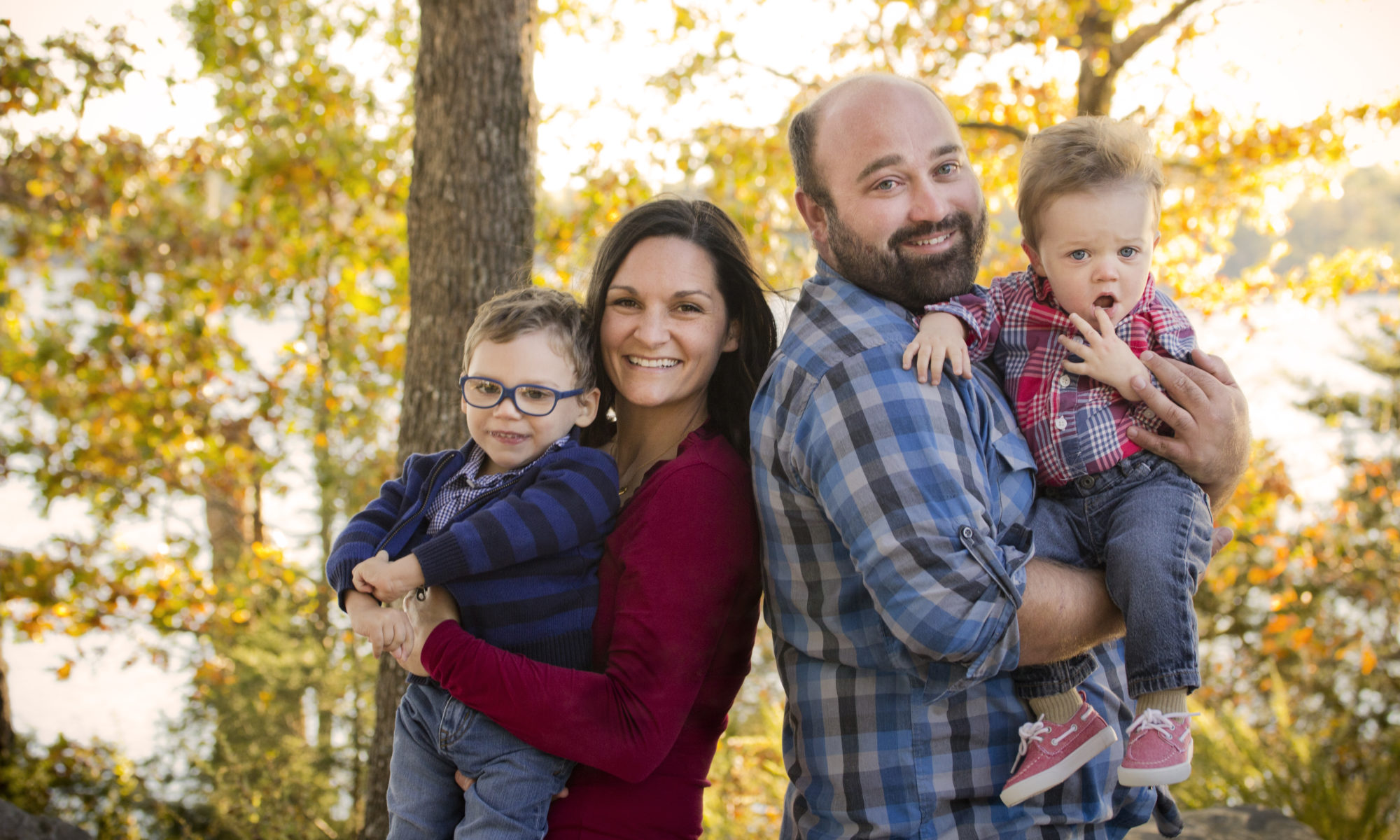I made my first visit to a chiropractor this week. I’ve been experiencing pain in my hip for long enough now (read months and months) that I decided to give it a whirl to see if an adjustment might help. At the initial visit they are very thorough and ask all kinds of questions. In talking about pain in one area, but being asked about several others, I was reminded of back and wrist pain I’ve experienced too. I’m sure a certain amount is just wear and tear on my aging body (is it just me, or do your thirties feel WAAYYY different than your twenties??) but I suspect some of my issues relate to lots of repetitive lifting and carrying, of Gage and Caleb, a wheelchair, equipment, etc.
Anyway, after leaving the chiropractor’s office I felt like the Q&A part of the visit was awkward, or more specifically that I was awkward, mostly because I wasn’t good at articulating and defining all the ways my body aches. Not only was I expected to identify the location of my pain, but also rate its intensity and categorize the nature of it from a laundry list of choices. Some questions left me with a puzzled look, and I have to wonder if they thought, “does this woman even know her own body?”
But here’s the thing. I’m not used to rating my pain. My default is to ignore it, pretend it’s not there. If I don’t think about it or focus on it, it won’t hurt as bad. I don’t say that to come off as tough. I will fully own up to the fact that I can be a major wimp. I’m sure Evan wouldn’t argue, based on my frequent requests for back rubs. But in a formal setting and to strangers, it was weird to not only define, but to thoroughly describe pain, when I’m actively trying not to think about it the rest of the time.
What I realized is that I do that with so much more than my physical aches and pains. Don’t we all? It’s easier to say we’re fine or doing ok than to admit we’re scared and sad or sometimes feel like we’re spiraling. It’s hard to give words to our emotional pain, because we practice ignoring it too. One of the hardest parts for me is that when I’m hurting, I don’t know how to make it better. At least with my sore hip, I can take a couple ibuprofen and count on some degree of relief, even if it’s temporary.
Sometimes the choice to ignore or hide pain isn’t even a conscious one. It’s like it’s so engrained in me that I’ll float along with an intoxicating level of denial without even realizing it. The grief always catches up to me at some point, when other distractions have cleared and my quieter mind makes room for the pain to speak up and be heard. Be felt. By then, it can almost seem inappropriate. Like I’m responding too late to something that I should have already moved past. Or like at that point, I’m just wallowing.
But I’ve learned there’s no right way to grieve, or to feel. We’re humans and complex and imperfect. My feelings are valid, even if they stay hidden for long enough to seem like a delayed reaction. Oddly enough, one thing that does seem to help when I’m hurting is finding a way to articulate the pain. Putting it into words, even if it’s hard or awkward, helps me process it, whether it’s a journal entry, blog post, or honest conversation with a trusted friend.
As isolating as some parts of our special needs parenting journey can be, I know I’m not alone, and that’s a huge help too. I feel the prayers of support from friends and cherish the family who make a point to ask how I’m doing. And I know my Heavenly Father doesn’t ignore my pain, but collects all my tears and one day will wipe them all away.



